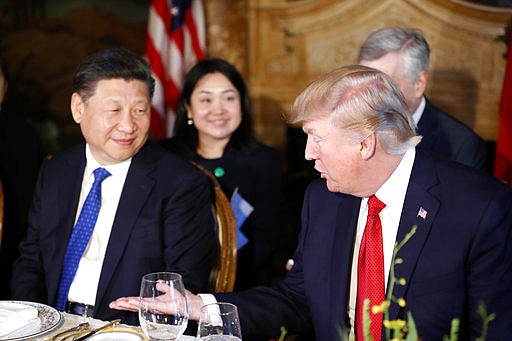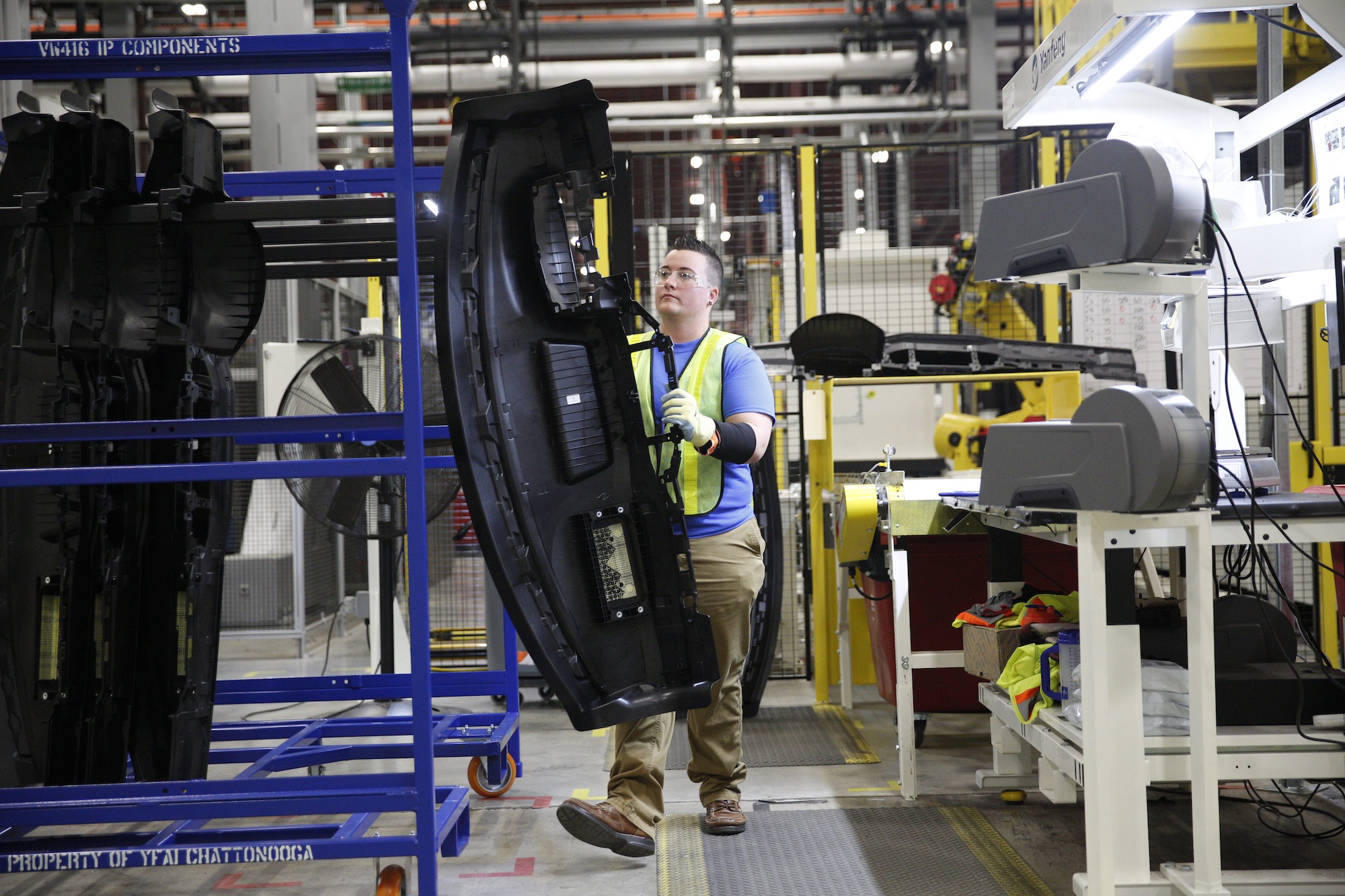As President Donald Trump hosts President Xi Jinping at his Mar-a-Lago resort in Florida this week, many business owners in another Southeastern state will be closely watching the outcome of any changes in trade between the world's two biggest economies.
Tennessee is the most dependent state in America for trade with China, so any trade restrictions could push up the price of imported goods for Tennessee manufacturers, distributors and consumers.
"Any new import fees or trade restrictions would definitely put a crimp in those industries relying upon Chinese parts for their products," said Steve Livingston, a professor of political science who studies international trade and publishes Global Commerce at Middle Tennessee State University. "We're already seeing China restrict the ability to move money and production outside of their country."
The Volunteer State imported $23.7 billion of products from China last year, compared with exports to China from Tennessee of $2.2 billion. Such trade represents 7.9 percent of Tennessee's gross domestic product, more than any other state in the country, Livingston said.
Chinese imports were even greater at $27 billion into Tennessee in 2015, according to government figures.
China is a major supplier of electronic components used to make cellphones, printers and computers in Tennessee, Livingston said.
China also is among Tennessee's top 10 states for the level of foreign direct investment in the state with 14 Chinese companies investing more than $457.7 million in Tennessee facilities. Collectively, such Chinese-owned businesses employ 1,364 Tennessee workers and purchase goods and supplies from other companies that indirectly employ far more workers.
China's foreign direct investment accounts for less than 2 percent of the 127,266 persons employed in Tennessee by foreign-based companies, according to the Tennessee Department of Economic and Community Development.
But Chinese investment is growing in the Chattanooga region.
The Chinese automotive supplier Yanfeng has opened a $55 million plant to assemble automotive interiors imported from China for inclusion in the Volkswagen Passats and Atlas vehicles assembled in Chattanooga. In January, the Chinese appliance giant Haeier Group bought the GE Appliance Group, which includes the 1,800-employee Roper plant in LaFayette, Ga.
TN-China Network, a nonprofit group that works to connect people in Tennessee that do business with China to boost exports to and investments from China, counts more than .35 major manufacturers or distributors from China, Hong Kong or Taiwan.Trump accused China of "illegal" trading practices during his presidential campaign last year. But the Trump administration has yet to make any major changes with the world's second biggest economic power.
Elizabeth Rowland, founder and executive director for the TN- China Network, said it is still too early to see any changes in trade policies under President Trump.
"But if there were increased restriction on imports, Tennessee consumers and all U.S. consumers would see a dramatic increase in prices that would impact everyone's wallet," she said. "I don't think that the U.S. can expect to put dramatic import tariffs on goods coming into the United States without expecting our trading partners to react with their own import restrictions on our exports. There is a real danger that in the effort to protect our own industry, we might hurt both importers and exporters in our state."
Contact Dave Flessner at dflessner@timesfreepress.com or at 423-757-6340.

